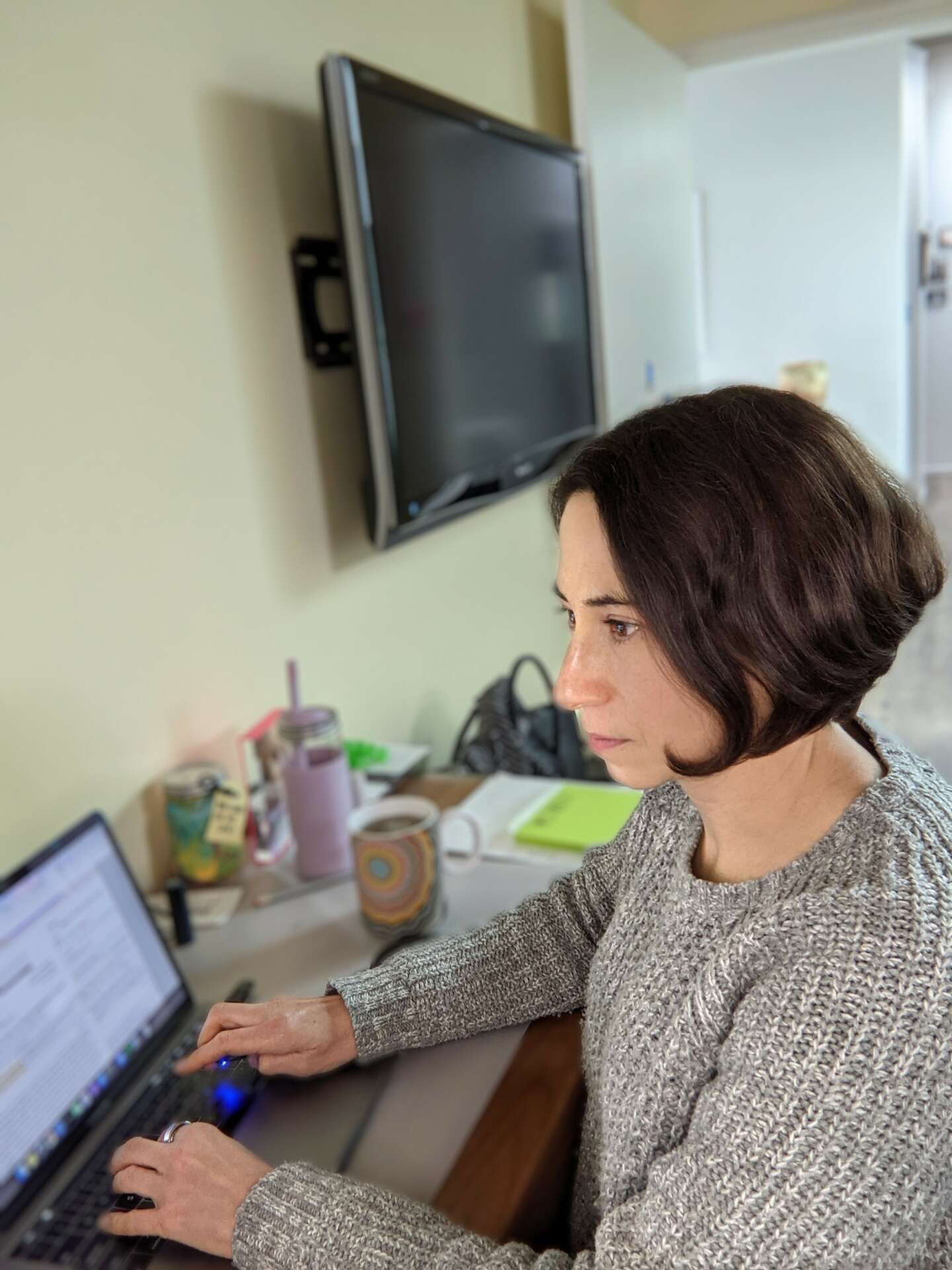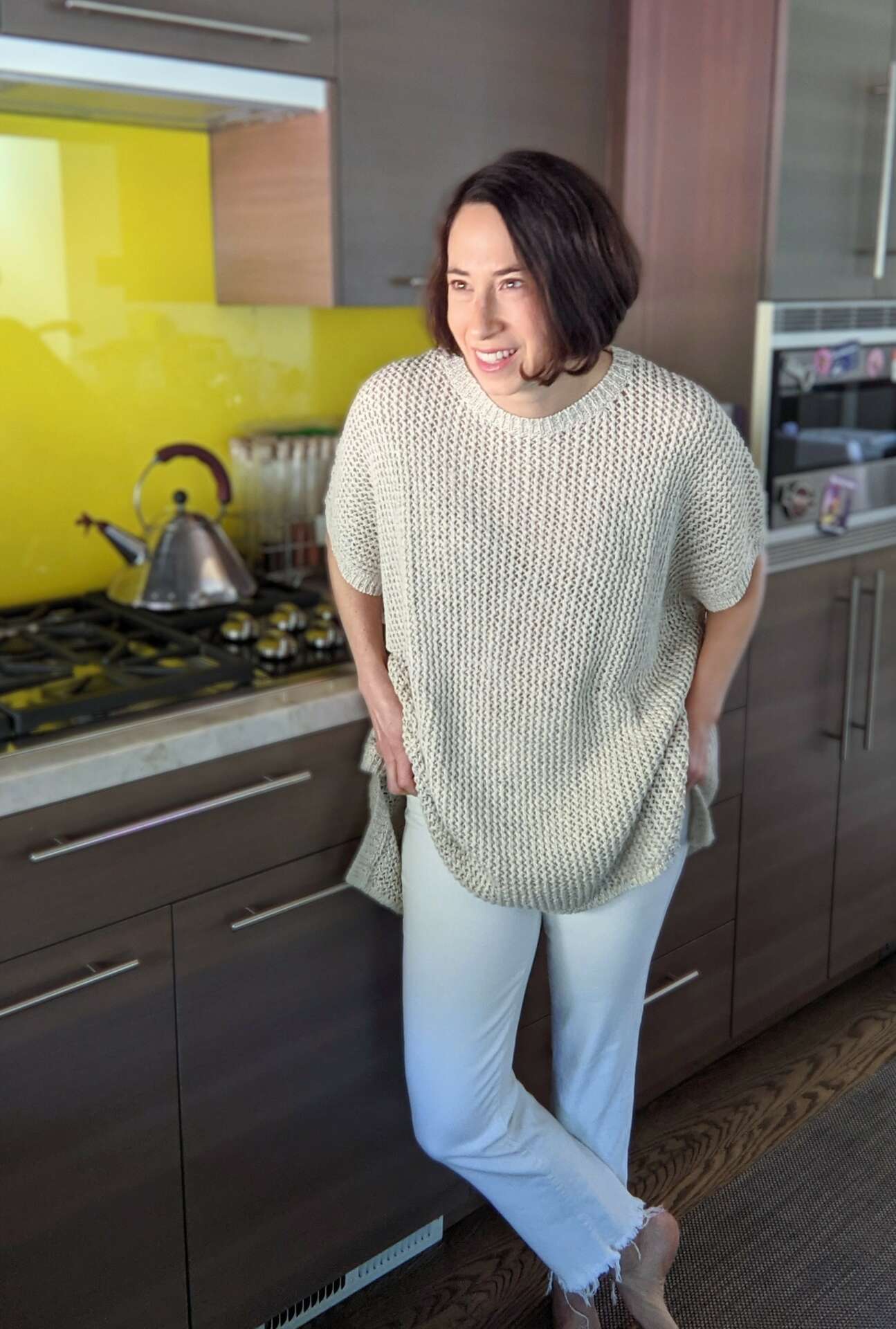We were lucky to catch up with Annie Rubin recently and have shared our conversation below.
Alright, Annie thanks for taking the time to share your stories and insights with us today. We’d love to hear the backstory behind a risk you’ve taken – whether big or small, walk us through what it was like and how it ultimately turned out.
Becoming a Registered Dietitian Nutritionist was not my first career. For over a decade I lived and breathed for all things banking and finance. I live in New York City and had an incredible, stable job as an investment professional in distressed debt securities. I was very good at my job and got multiple promotions at the hedge fund I worked at. I had a supportive boss, was given a lot of freedom in decision making for investments, and I was well regarded on “the street”. However, it was not my passion. In my free time, I spent my time reading about nutrition and food. I loved to bake and experiment in the kitchen. I was super curious about how food impacted health, and I personally saw how food could heal chronic diseases. As I continued to learn more about the nutrition profession, I knew it was a perfect fit for me. But, it required an entirely new degree and masters degree, with a significant pay cut. After about a year of contemplation and planning, I applied to a Masters program at NYU that would provide both undergraduate and graduate coursework to get my RDN credential. I kept this a secret from my hedge fund and took only evening classes my first semester, just to make sure this was the right decision. And it was. I absolutely loved school and everything I was learning. By the end of the first semester, I decided to quit my job. It was a huge risk for me as I would have to depend financially on my husband for the next 4 years. However, looking back on my career change, it was the best risk I could have ever taken. I now have my own practice, flexible schedule, can be available for my kids, and I get to help people feel better.


Awesome – so before we get into the rest of our questions, can you briefly introduce yourself to our readers.
In my private practice, I work with adults struggling with autoimmune and inflammatory disorders. In my work with my clients, I help them implement a personalized nutrition roadmap designed to improve mobility, energy and digestion to help them live the life they want. What sets me apart from others is that I’ve struggled with my own autoimmune disease since I was in my late 20’s. My diet played a very significant role in helping me overcome my disease. It is also an aspect of the healing journey that is not discussed in traditional, mainstream medicine. Most people don’t even know about the role diet can play in helping them feel better.
I’m most proud of the transformations that I see in my clients when they use the knowledge and tools I give them to improve their disease and their lives overall. I’ve had clients go from completely non-functioning or not being able to get out of bed or focus at work, to being able to enjoy life, succeed in their jobs, and have the energy to be with their kids.
When I work with clients, we uncover the potential sources of inflammation – whether that’s from food, lifestyle or environment – and remove those triggers to allow the body to heal. Gut health is a big part of where my focus lies, and we work towards complete gut healing to help reduce symptoms that come with autoimmune diseases.
I work with clients in either a 1:1 capacity or through my small group programs, which I offer throughout the year. I do ask for a minimum 3 month commitment as I believe accountability is key for making lifelong, sustainable changes.
How’d you build such a strong reputation within your market?
I think with any business or brand, you need to show up authentically. People can see right through you if you are playing a role and not acting as yourself. As a nutrition professional, I lead with expert knowledge and truth, but I also show people that I’m not perfect. I also think it is important to listen to your audience and understand what they need. Within my profession, I seek out speaking and writing opportunities that allow me to share my knowledge and expertise. Getting exposure is helpful for building your brand and reputation as a dependable and qualified source.



Putting training and knowledge aside, what else do you think really matters in terms of succeeding in your field?
Overall experience working with clients is key for succeeding as a dietitian. You can have all of the knowledge in the world, but if you don’t know how to help people implement change, and apply your knowledge to every day life, your clients will not be successful. I also think it’s helpful to have colleagues watch you as you are counseling clients and give you feedback. We did that monthly at the hospital I used to work at and it was beneficial to see different styles and approaches to what you do professionally.
Contact Info:
- Website: https://annierubin.com/
- Instagram: @the.autoimmune.dietitian
- Facebook: facebook.com/annierubinnutrition
- Linkedin: https://www.linkedin.com/in/annie-rubin-76323a5/
- Youtube: @the.autoimmune.dietitian
- Yelp: https://www.yelp.com/biz/annie-rubin-nutrition-palo-alto?osq=annie+rubin+nutrition


